Tu carrito
Noticias de Empresa
E-Malt news
Kenya: Diageo to sell its stake in East African Breweries to Asahi Group
World: Global hop harvest lower this year, Barth Haas say
USA, NM: Two Bosque Brewing locations in Albuquerque closing their doors
World: Global hop acreage down 5% in 2025
Nuestras maltas
-
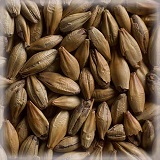 CHÂTEAU CARA GOLD NATURE® (MALTA ORGÁNICA)
Añadir al carrito
CHÂTEAU CARA GOLD NATURE® (MALTA ORGÁNICA)
Añadir al carrito
-
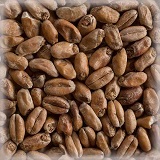 CHÂTEAU WHEAT MUNICH LIGHT NATURE® (MALTA ORGÁNICA)
Añadir al carrito
CHÂTEAU WHEAT MUNICH LIGHT NATURE® (MALTA ORGÁNICA)
Añadir al carrito
-
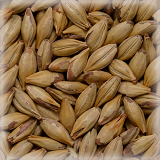 CHÂTEAU CARA HONEY NATURE (MALTA ORGÁNICA)
Añadir al carrito
CHÂTEAU CARA HONEY NATURE (MALTA ORGÁNICA)
Añadir al carrito
-
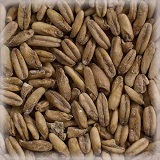 MALT CHÂTEAU OAT NATURE® (MALTA ORGANICA DE AVENA)
Añadir al carrito
MALT CHÂTEAU OAT NATURE® (MALTA ORGANICA DE AVENA)
Añadir al carrito
-
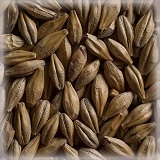 CHÂTEAU CARA BLOND NATURE (MALTA ORGÁNICA)
Añadir al carrito
CHÂTEAU CARA BLOND NATURE (MALTA ORGÁNICA)
Añadir al carrito
Nuestros lúpulos
New Hops
Nuestras levaduras
Nuestras especias
Nuestros azúcares
Nuestras tapas
-
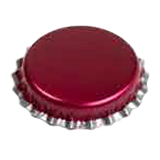 CC26 mm, Rose with silver edge (10500/caja)
Añadir al carrito
CC26 mm, Rose with silver edge (10500/caja)
Añadir al carrito
-
 Kegcaps 64 mm, Rojas 1485 Sankey S-type (EU) (1000/caja)
Añadir al carrito
Kegcaps 64 mm, Rojas 1485 Sankey S-type (EU) (1000/caja)
Añadir al carrito
-

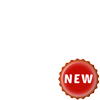 Crown Caps 26 mm TFS-PVC Free, Negras col. 2217 Beer Season (10000/caja)*
Añadir al carrito
Crown Caps 26 mm TFS-PVC Free, Negras col. 2217 Beer Season (10000/caja)*
Añadir al carrito
-
 Kegcaps 69 mm, Blancas 86 Grundey G-type (850/caja)
Añadir al carrito
Kegcaps 69 mm, Blancas 86 Grundey G-type (850/caja)
Añadir al carrito
-
 Kegcaps 69 mm, Rojas 102 Grundey G-type (850/caja)
Añadir al carrito
Kegcaps 69 mm, Rojas 102 Grundey G-type (850/caja)
Añadir al carrito
Recetas de Cerveza
Certificados
Sugerencia
 Thailand: Proposed alcohol consumption law may breach international trade rules
Thailand: Proposed alcohol consumption law may breach international trade rules
Thailand's proposed alcohol consumption law may breach international trade rules because its total ad ban is a non-tariff barrier for imported drinks, according to executives of Boon Rawd Brewery Co, which makes Singha beer, Thai Press reported March 16.
Trade partners may challenge Thailand at the World Trade Organisation (WTO), they warned.
Santi Bhirombhakdi, the company's executive director, believes the National Legislative Assembly will finally approve the law. But, he said, ministries including Commerce, Foreign Affairs and Finance should think twice about whether the law meets international trade obligations.
''I would like to ask those ministers whether this would be acceptable in international standards,'' he said on March 15.
Mr Santi is not pleased by the alcohol control law, which he said put the excise tax on white spirits too low. The law would only favour white spirits, a major product of liquor tycoon Charoen Sirivadhanabhakdi, who owns Boon Rawd's chief rival Thai Beverage.
On Tuesday, the Public Health Ministry won cabinet endorsement of its draft law on liquor-consumption control. It would set the minimum age for new drinkers at 20 and impose an around-the-clock ban on ads. This would include trademarks on materials such as chairs and umbrellas, and only exempt commercials that come up on foreign sports programmes.
The ministry failed in its attempt last year to ban alcohol advertising. The Council of State ruled that the ban must come in the form of a law approved by the NLA.
Sudhabodi Sattabusya, Boon Rawd's vice-president, said Sweden had to give up its bans on advertising beverages with more than 2.25% alcohol content because other European Union countries complained that the measure exaggerated trade barriers and was illegitimate. As a result, beers with alcohol content between 5% and 7% are excluded from such controls.
Niphon Puapongsakorn, an economics lecturer at Thammasat University, said the law would not violate WTO rules because so far it simply regulated trade rules at the border without touching internal trade policy, except for domestic subsidies on farm products.
"This would be the case once negotiations on trade competition regarding fair trade practices are settled,'' he said.
Mr Santi said such blanket bans on ads would hurt consumers who would be deprived of new information on the quality of alcohol products. Without marketing competition, alcohol makers would enter into a new price war that would make alcohol cheaper, thus possibly boosting consumption.
Boon Rawd executives wondered if the government could enforce the law from advertising and selling to consuming. They questioned how enforcement would work as currently the government lacks the staff to handle all of the law's aspects.
Regresar


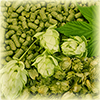
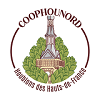
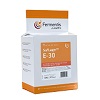
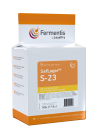
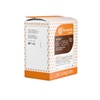
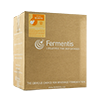
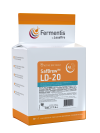
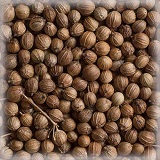
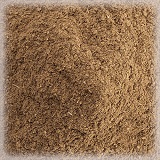
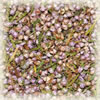
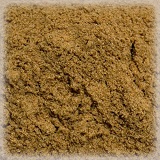
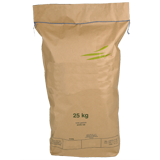
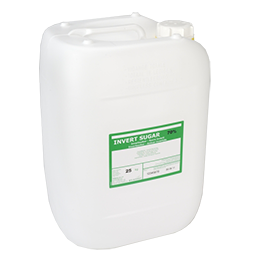
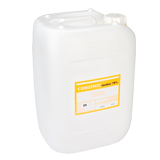
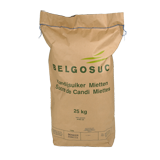
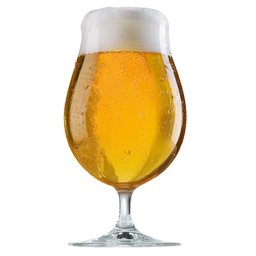
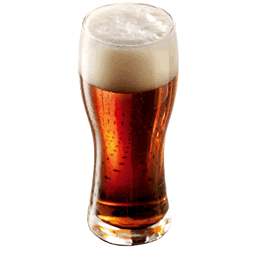
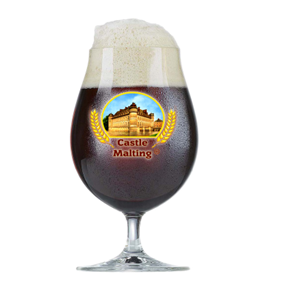
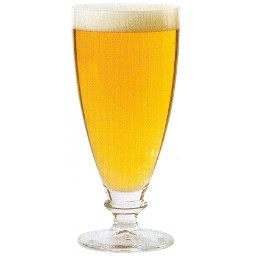
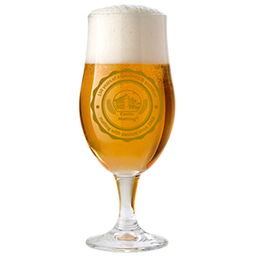
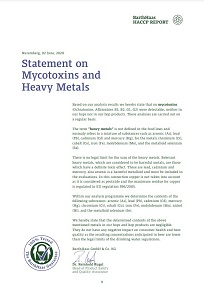 Barth Haas Hops: Statement on Mycotoxins and Heavy metals 2022
Barth Haas Hops: Statement on Mycotoxins and Heavy metals 2022
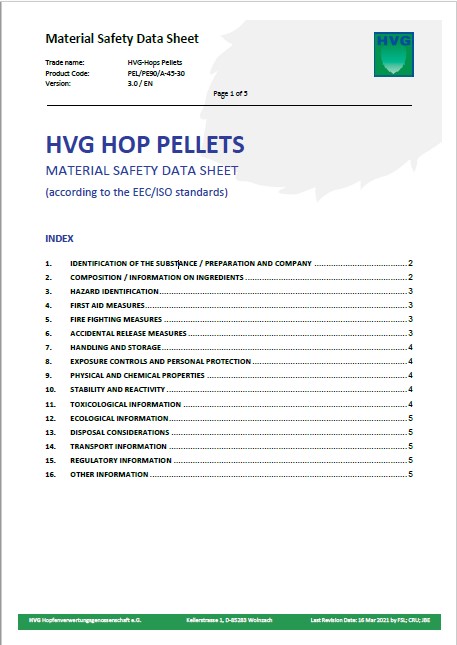 Hops, HVG, Material Safety Data Sheet 2023
Hops, HVG, Material Safety Data Sheet 2023
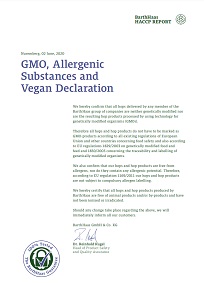 Barth Haas Hops: GMO, Allergenic Substances and Vegan Declaration 2022
Barth Haas Hops: GMO, Allergenic Substances and Vegan Declaration 2022
 Malt GMO-Free Certificate 2025
Malt GMO-Free Certificate 2025
 Belgosuc Sugar, Organic certificate 2024-2027
Belgosuc Sugar, Organic certificate 2024-2027






